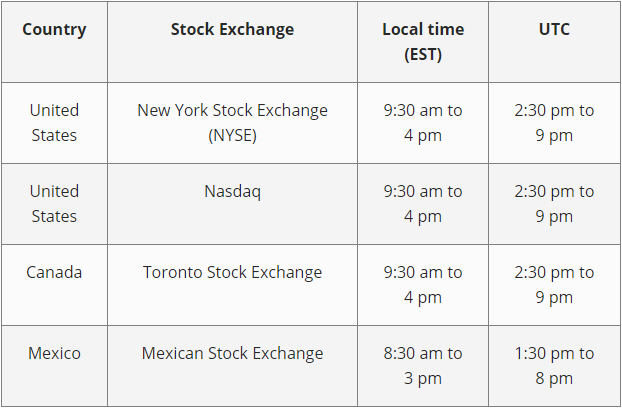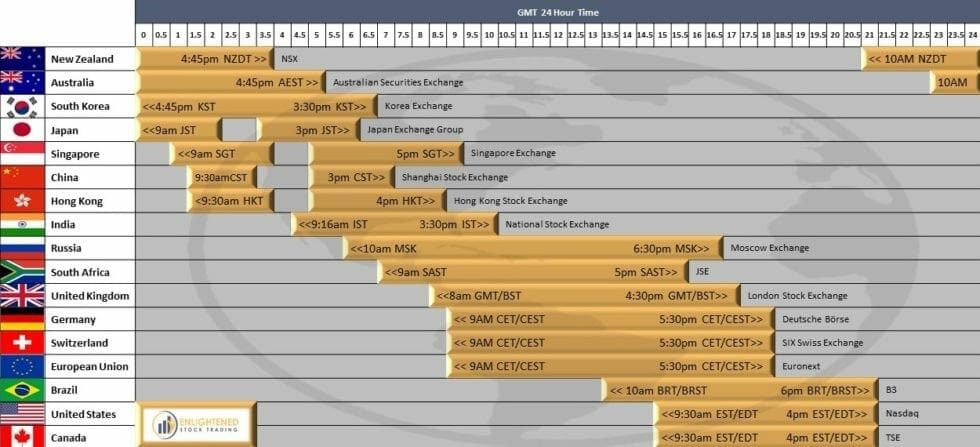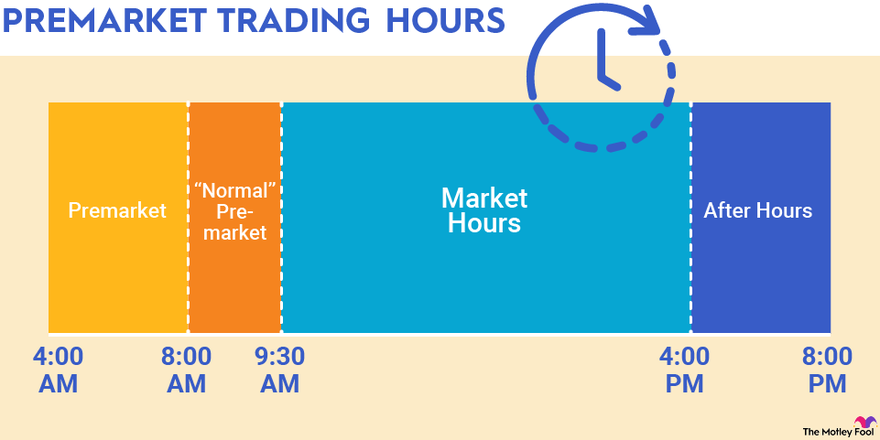Are you ready to dive into the world of stock trading, but unsure about the timing of the markets? Understanding when the stock market opens and closes is essential for investors, traders, and anyone interested in the financial markets. In this article, we will explore the trading hours of the major stock exchanges, including the New York Stock Exchange (NYSE), NASDAQ, and the London Stock Exchange (LSE).
Introduction to Stock Market Hours
The stock market operates on a specific schedule, with set hours for buying and selling securities. These hours are designed to facilitate trading, provide liquidity, and maintain market stability. The trading hours vary depending on the exchange, but most major exchanges follow a similar pattern.
New York Stock Exchange (NYSE) Hours
The NYSE, also known as the "Big Board," is one of the largest and most prestigious stock exchanges in the world. The NYSE trading hours are as follows:
Pre-market hours: 7:00 am - 9:30 am ET
Regular trading hours: 9:30 am - 4:00 pm ET
Post-market hours: 4:00 pm - 8:00 pm ET
During pre-market hours, investors can place orders, but trading is not as active as during regular hours. The regular trading hours are the most liquid, with the majority of trading activity taking place during this time. Post-market hours allow for extended trading, but with reduced liquidity.
NASDAQ Hours
The NASDAQ, home to many technology and growth companies, operates on a similar schedule to the NYSE:
Pre-market hours: 7:00 am - 9:30 am ET
Regular trading hours: 9:30 am - 4:00 pm ET
Post-market hours: 4:00 pm - 8:00 pm ET
London Stock Exchange (LSE) Hours
The LSE, one of the oldest and most respected exchanges in the world, operates on a slightly different schedule:
Pre-market hours: 7:00 am - 8:00 am GMT
Regular trading hours: 8:00 am - 4:30 pm GMT
Post-market hours: 4:30 pm - 5:15 pm GMT
Why Understanding Stock Market Hours Matters
Knowing the trading hours of the major exchanges is crucial for several reasons:
Liquidity: Trading during regular hours ensures the highest liquidity, making it easier to buy and sell securities.
Volatility: Market volatility is often highest during regular trading hours, which can impact trading decisions.
News and Events: Major news and events often occur during regular trading hours, affecting market sentiment and prices.
In conclusion, understanding the trading hours of the major stock exchanges is essential for anyone involved in the financial markets. By knowing when the markets open and close, investors and traders can make informed decisions, manage risk, and optimize their trading strategies. Whether you're a seasoned trader or just starting out, being aware of the stock market hours will help you navigate the markets with confidence. So, mark your calendars and set your clocks to the rhythm of the markets!
Note: The trading hours mentioned in this article are subject to change and may be affected by holidays, special events, or other factors. It's always a good idea to check with the exchange or your broker for the most up-to-date information.





:max_bytes(150000):strip_icc()/dotdash_Final_Why_the_Forex_Market_Is_Open_24_Hours_a_Day_Sep_2020-01-d2b1c5295a0b4d7a8df8eb057505efb3.jpg)



